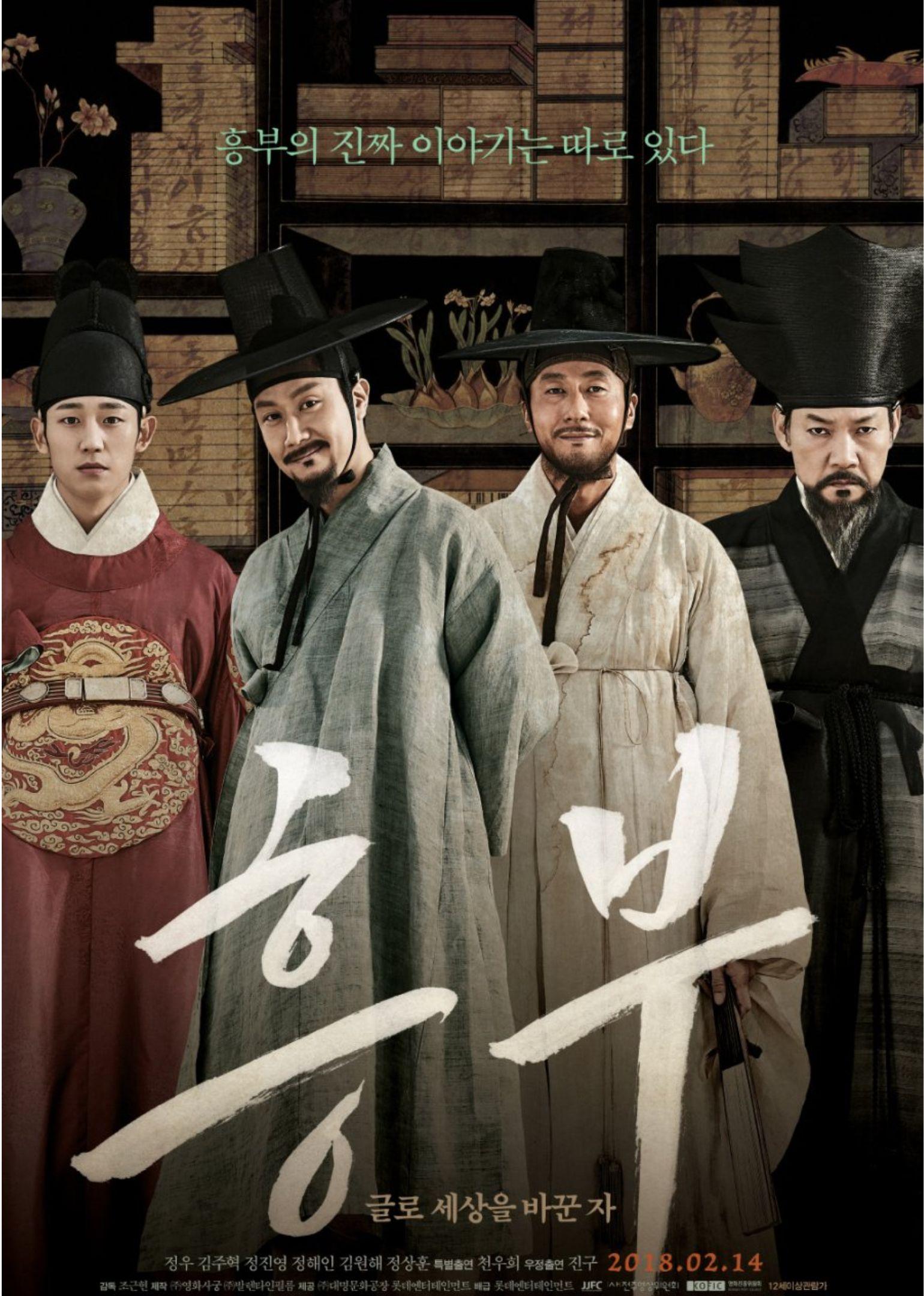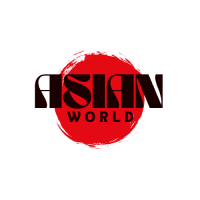
Heung Boo: The Revolutionist
Heung Boo: The Revolutionist is a powerful Korean historical drama set during the turbulent Joseon Dynasty. The film stars Jung Woo as Yeon Heung Boo, a gifted writer known for his storytelling genius and his passion for social reform. When Heung Boo sets out to find his missing brother, he discovers not only a broken family but also a country torn apart by greed, corruption, and inequality. Inspired by the kindness of nobleman Jo Hyuk—played by the late Kim Joo Hyuk—Heung Boo begins to write a revolutionary novel based on two fictional brothers. His words, carried through the streets and read by the common people, spark a wave of awareness and silent resistance. The story-within-a-story structure mirrors real-life struggles, making the narrative both poetic and politically charged. Meanwhile, Jo Hang Ri (played by Jung Jin Young) threatens to suppress Heung Boo’s work as he aims to protect the privileged class. Supporting performances from Jung Hae In as King Heon Jong, and Kang Ha Neul in a notable guest appearance, add star power and emotional gravity to the story. With its ensemble cast, the film explores the intersection of literature, revolution, and the will of the people. Heung Boo: The Revolutionist blends historical fiction, social commentary, and emotional depth, highlighting how storytelling can become a weapon for justice. Rich in period detail and thought-provoking dialogue, it stands out as one of Korea’s must-watch historical films for fans of Joseon-era dramas, inspirational writers, and cinema with purpose.
Details
🙂 Native Title: 흥부
🌎 Also Known As: Heungbu, Heungbu: The Revolutionist
🎭 Genres: Historical, Drama, Political
🏷 Tags: Joseon Dynasty, Writer, Revolution, Brotherhood, Based on a Legend
✍ Screenwriters: Baek Mi Kyung
🎬 Directors: Cho Geun Hyun
🇰🇷 Country: South Korea
🎬 Release Date: February 14, 2018
📺 Original Network: Lotte Entertainment (Theatrical Release)
⏰ Duration: 105 minutes
🔞 Content Rating: 12+ – Suitable for 12 and older
Best Scenes
-
The emotional reunion between Heung Boo (Jung Woo) and his long-lost brother creates a powerful turning point in the story.
-
The scene where Jo Hyuk (Kim Joo Hyuk) defends the rights of commoners is deeply moving and highlights his moral strength.
-
Heung Boo’s first public reading of his novel sparks a silent but powerful reaction among the oppressed, emphasizing the impact of words.
-
The dramatic confrontation between Jo Hang Ri (Jung Jin Young) and Heung Boo is filled with tension and ideology.
-
The final scene, where Heung Boo watches his book inspire real change, delivers a satisfying and poetic ending.
Filming Locations
-
Filmed in traditional hanok villages to recreate authentic Joseon-era settings.
-
Palatial court scenes were shot at Korean heritage sites, adding historical accuracy and grandeur.
-
Market and street scenes used outdoor sets in Namyangju Studio Complex, popular for period dramas.
-
Countryside landscapes reflect the contrast between nobility and the suffering of commoners.
-
Indoor scenes, including Heung Boo’s study, were carefully designed to reflect an intellectual yet modest life.
Visual Design and Costumes
-
Costumes reflect social hierarchy—vibrant silk robes for nobles, muted earth tones for peasants.
-
Heung Boo’s simple writer garb symbolizes wisdom over wealth.
-
Elegant court dress worn by King Heon Jong (Jung Hae In) adds visual prestige and authenticity.
-
Candle-lit night scenes evoke a warm, historical mood suitable for a tale of revolution.
-
Traditional calligraphy props and scrolls enhance the intellectual theme of the film.
Themes and Messages
-
Literature as a tool for social reform is a core message, showing how words can spark change.
-
The film explores class division and injustice in the Joseon Dynasty.
-
It celebrates brotherhood and loyalty, both literal and metaphorical.
-
The dangers of power without conscience are portrayed through Jo Hang Ri’s authoritarianism.
-
It emphasizes that knowledge and compassion can be more revolutionary than violence.
Interesting Facts
-
The film is inspired by the classic Korean folk tale “Heungbu and Nolbu” but reimagined through a political lens.
-
It was the final film appearance of actor Kim Joo Hyuk, who tragically passed away in 2017.
-
Jung Woo trained in traditional writing techniques to convincingly portray a Joseon-era author.
-
Several props, including Heung Boo’s manuscripts, were hand-made by Korean calligraphy experts.
-
The movie was released close to Korean New Year, aligning with themes of renewal and justice.
Awards
There are no publicly documented awards or nominations for the Korean film Heung Boo: The Revolutionist (2018). While the film featured notable performances by actors such as Jung Woo, Kim Joo Hyuk, and Jung Jin Young, and was released during the Korean New Year period, it did not receive significant recognition in major film award ceremonies.
Real-Life Loves on Set
There is no confirmed real-life romance reported among the cast members of the Korean film Heung Boo: The Revolutionist (2018). While the movie features strong performances and meaningful interactions—especially among actors like Jung Woo, Kim Joo Hyuk, and Chun Woo Hee—there have been no official statements or credible news reports indicating that any romantic relationship developed during or after filming.















